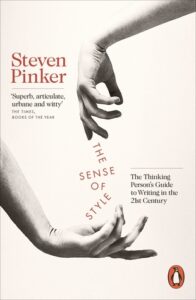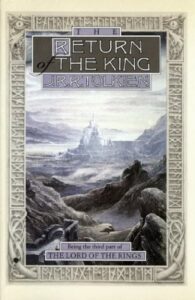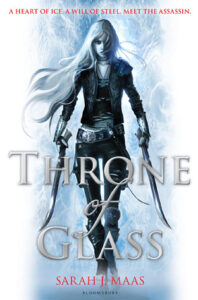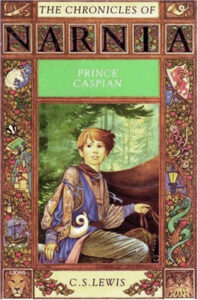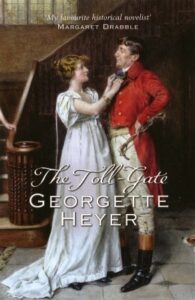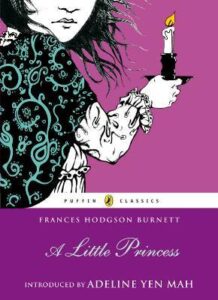 Gutenberg’s Fingerprint: A Book Lover Bridges the Digital Divide, Merilyn Simonds
Gutenberg’s Fingerprint: A Book Lover Bridges the Digital Divide, Merilyn Simonds
Received to review via Netgalley; publication date 11th April 2017
This is more of a personal memoir than I expected, somehow; with a title that references the digital divide (a common term for the social problems arising from the rich having computer access and the poorer being denied opportunities because they don’t) and Gutenberg, I expected something else. Instead I got something meditative, which deals with book creation and paper-making from a very personal perspective. And, it turns out, Simonds isn’t talking about the same digital divide I was thinking about — it just means the gap between print and digital, and digital books being here to stay now.
So not the book I was hoping for, but it’s not a bad meditation on books and paper and making things. The prose is evocative and the musing interesting, just… much more personally focused than I expected from a book with this in the blurb: “Poised over this fourth transition, e-reader in one hand, perfect-bound book in the other, Merilyn Simonds — author, literary maven, and early adopter — asks herself: what is lost and what is gained as paper turns to pixel?”
Oh, and if you’re interested in the history of the book, Keith Houston’s The Book might be more what you’re looking for.

